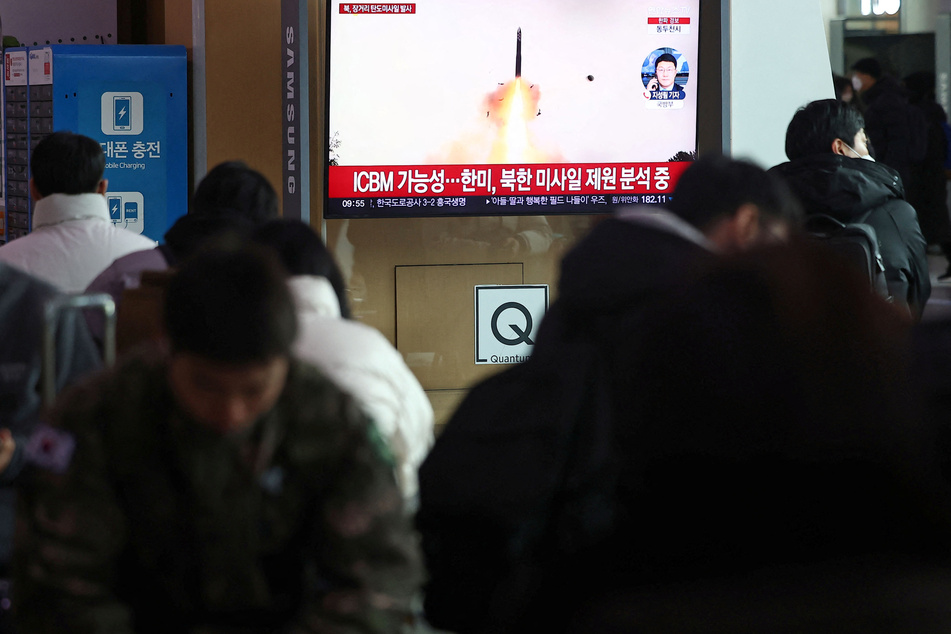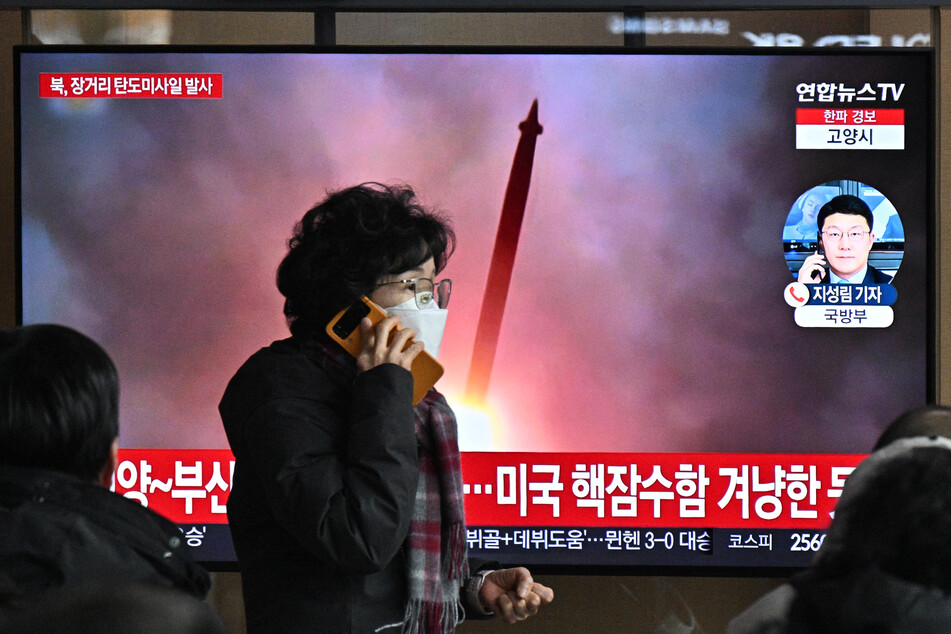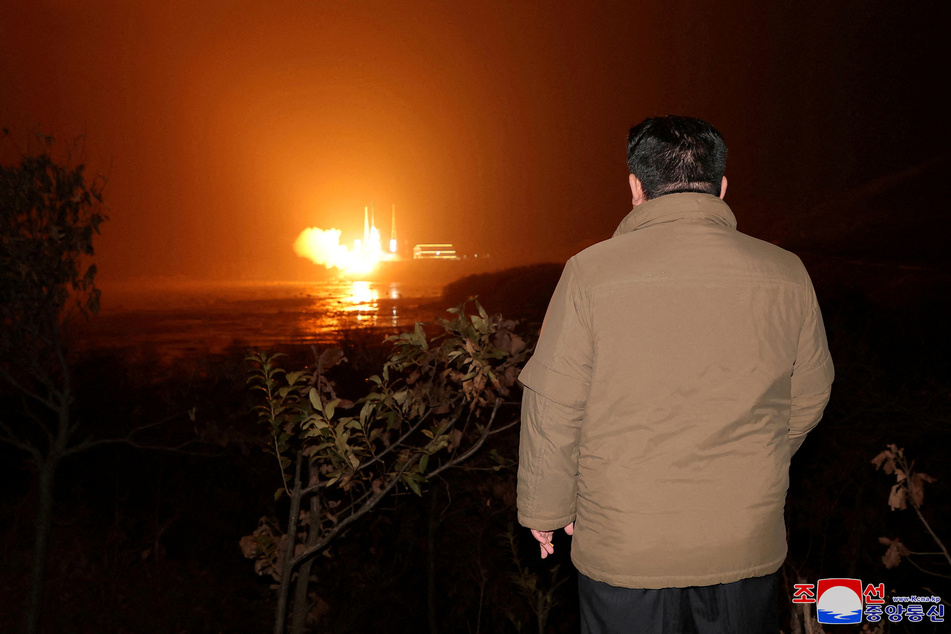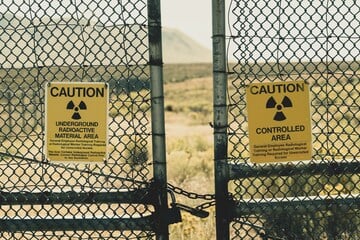North Korea launches intercontinental ballistic missile with potential to reach US
Pyongyang, North Korea - North Korea on Monday test-fired its most advanced intercontinental ballistic missile that has the potential to reach the US, extending a record-breaking number of weapons tests this year and triggering further international condemnation.

South Korea said the North fired an ICBM that used solid fuel, which makes missiles easier to transport and faster to fire than liquid-fuelled versions.
Monday's launch was the third time the North had tested a solid-fuel ICBM, after launches in April and July, which analysts said signalled consistent efforts to improve the technology.
North Korea had said the previous two were "Hwasong-18" missiles but did not immediately comment on Monday's launch.
The US, South Korea, and Japan all quickly condemned the missile test, stating it was in breach of UN Security Council resolutions and would make the Korean peninsula less secure.
South Korean President Yoon Suk Yeol ordered an "immediate and overwhelming" countermeasure, and called for a joint response with the US and Japan.
Japan's defence ministry said the ICBM had a potential range of more than 9,000 miles, which would cover the entire US. It followed a short-range missile launch on Sunday night.
"(The launches are) not only a clear violation of UN Security Council resolutions but also a threat to peace and stability of the region and we strongly condemn," Japanese Prime Minister Fumio Kishida said.
North Korea backed by China with "firm" support

The UN Security Council has adopted many resolutions calling on North Korea to halt its nuclear and ballistic missile programs since it first conducted a nuclear test in 2006.
China, a close ally of North Korea, offered no direct response to the latest launches and instead released a statement highlighting the deep trust between the two nations.
"In the face of the turbulent international situation, China and the DPRK have always firmly supported and trusted each other," Foreign Minister Wang Yi said after meeting an official from Pyongyang, using the official acronym for North Korea.
South Korea's military initially said it had detected on Monday morning the launch of a long-range ballistic missile from the Pyongyang area that flew 620 miles before splashing down in the East Sea, also known as the Sea of Japan.
The South reported the missile flew up rather than across, a method Pyongyang has previously said it employs in some weapons tests to avoid flying over neighboring countries.
North Korea last year declared itself an "irreversible" nuclear power and has repeatedly said it will never give up its nuclear program, which the regime views as essential for its survival.
Rhetoric ratchets up as US and South issue stark warning

The back-to-back launches followed yet another bout of angry rhetoric between the US-South Korea alliance and the North.
The US and South Korea on Friday held their second session of the Nuclear Consultative Group in Washington, where they discussed nuclear deterrence in the event of conflict with the North.
On Saturday, they warned that any nuclear attack from Pyongyang on the US and South Korea would result in the end of the North Korean regime.
A spokesperson for North Korea's defense ministry on Sunday slammed the allies' plans to expand annual joint military exercises next year to include a nuclear operation drill.
"This is an open declaration on nuclear confrontation to make the use of nuclear weapons against the DPRK a fait accompli," said a statement carried by the KCNA news agency, using the official acronym for North Korea.
"Any attempt to use armed forces against the DPRK will face a preemptive and deadly counteraction."
The North's launch of a military spy satellite launch last month further damaged ties.
Cover photo: ANTHONY WALLACE / AFP

